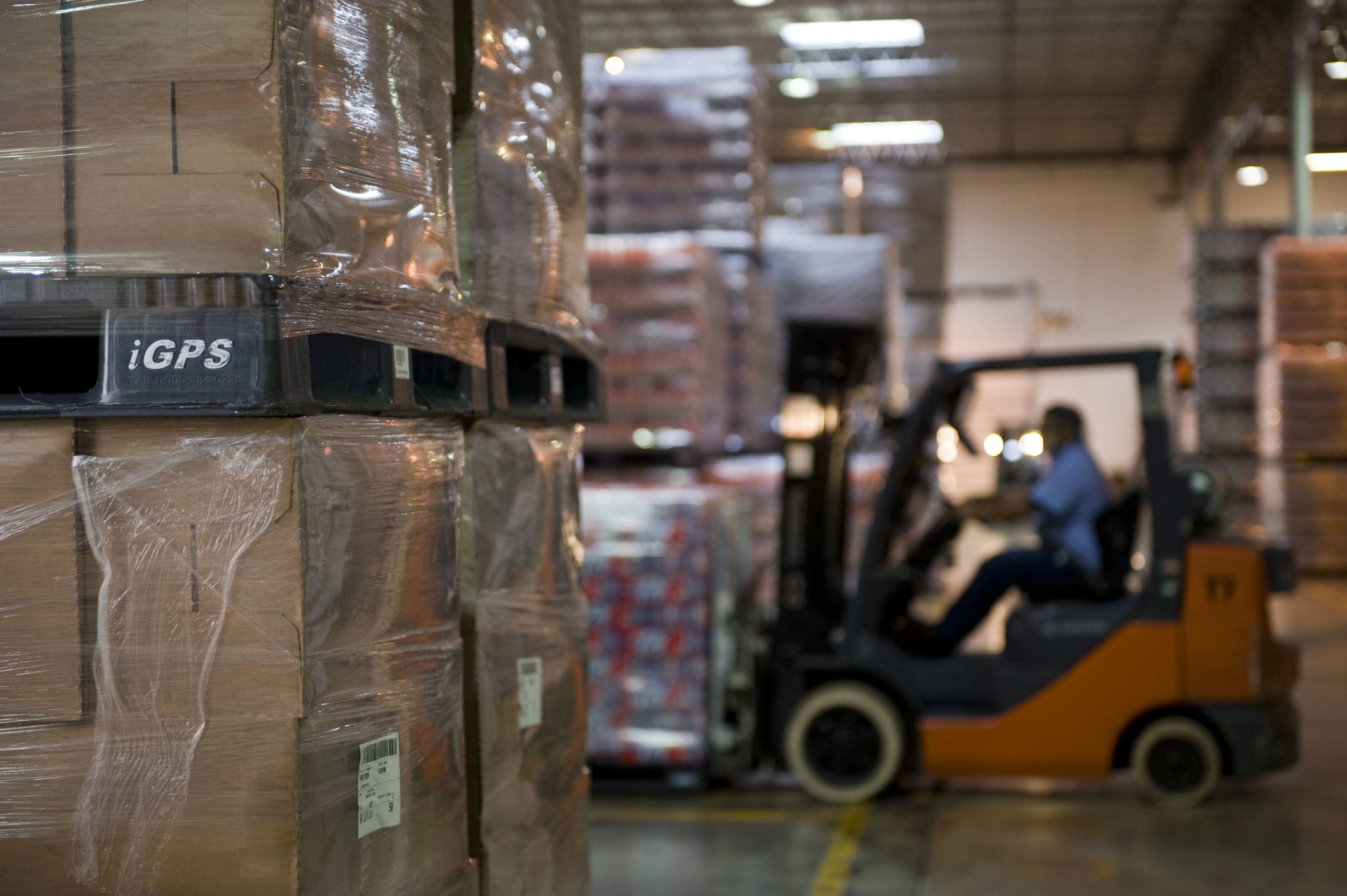There are numerous factors to consider when choosing a pallet supplier. Choosing the wrong supplier can lead to issues that affect every aspect of a business while choosing the right one can make a considerable difference in supply chain efficiency and financial results.
Factors to consider when choosing a pallet supplier:
- Reliability: Choose a pallet supplier that puts the needs of your business first. Delivery times are crucial for suppliers, and businesses need to be able to rely on their services. Ask potential pallet suppliers if they can provide you with customer feedback to ensure they have a positive track record. Situations can always arise that are beyond the control of both parties, so a vendor with flexibility and a history of meeting client needs is key.
- Adherence to standards: Large companies such as Walmart keep to specific supplier standards for shipping, storing, and displaying products. These guidelines are in place to maintain quality assurance and meet customer demand throughout the supply chain. Businesses can access these guides to get a better sense of their own needs and specifications for delivery.
- Commitment to innovation: Find an innovative supplier that will work with you to build a stronger, smarter supply chain. Look for intuitive tools, such as RFID technology as well as online pallet ordering and forecasting portals, to help ensure you have the pallets you need when you need them. The right supplier can help you to optimize logistics with leading-edge technologies such as track and trace systems used by iGPS.
- A pooling vs. sales-focused model: While there may be rare instances in which it makes sense for a manufacturer to own pallets, virtually all enterprises will benefit from a pallet pooling model, in which they rent pallets from a trusted supplier. This introduces efficiencies and reduces empty truck miles while eliminating the headaches of purchasing, storing, inspecting, and maintaining a fleet of pallets.
Choosing the right pallet and pallet material:
Of equal importance to the supplier itself is the choice of pallet material. Choosing the right pallet for a company’s shipping needs is necessary to ensure the safe delivery of products and to meet customer demand. With a variety of available sizes, as well as numerous styles and materials, manufacturers may find themselves wondering which pallet will best suit their needs.
Wood: The most conventional pallet type, wood pallets can be useful for transporting heavy loads and are often easy to repair. However, wood pallets typically need to be replaced more frequently than those made with other materials. Due to their porous nature, they are difficult to keep clean and can harbor bacteria. They also are prone to splintering, which can lead to accidents that disrupt the supply chain and put products and workers at risk. Wood nails and splinters can also jam up equipment and create messy workspaces.
Metal: Often made of aluminum, carbon steel, or stainless steel, metal pallets are mostly used for heavy load capacity. They are very hygienic and easy to sterilize. However, when exposed to the elements, some metals may begin to rust, which can jeopardize products along the supply chain. Their weight also leads to greater fuel usage, which impacts both the environment and the bottom line for businesses.
Plastic: Plastic pallets are durable and weigh significantly less than wood or metal. Additionally, they have a uniform shape that pairs easily with automated systems. Reusable, pooled plastic pallets such as those made by iGPS offer clear environmental advantages that align with business sustainability goals. For example, after a limited lifespan of 25 trips wood pallets need to be repaired or recycled and often due to the high cost of repair they end up in a landfill. Plastic pallets, on the other hand, complete an average of 100 trips across the supply chain before they are recycled and made into new pallets.
As the demand for efficiency in the supply chain has grown, so too has the need for sustainable options, durable materials, and increased integration between shipping platforms and automated systems. Choosing a pallet supplier that offers an exceptional product combined with a commitment to customer service and innovation is imperative for the success of today’s supply chain stakeholders.
Companies committed to choosing the right pallet supplier use plastic pallets from iGPS. They are lightweight, recyclable, and help streamline your supply chain. For more information, contact us at 1-800-884-0225, email [email protected], or visit our contact page. We also invite you to follow us on LinkedIn.



